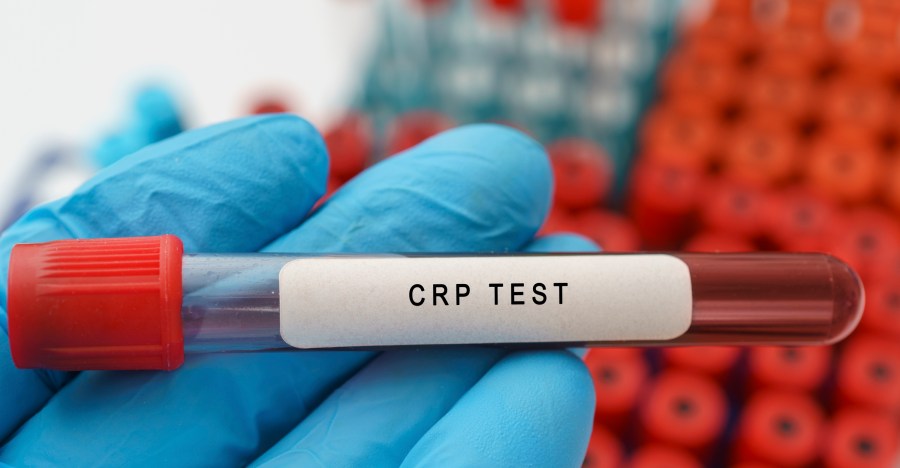Researchers at Chiba University have made significant strides in the fight against cervical cancer, developing a novel intranasal nanogel vaccine that shows promise in preclinical studies. This innovative approach aims to provide a therapeutic option for patients with existing human papillomavirus (HPV) infections, a condition that currently lacks effective treatments outside of surgery and chemotherapy. The study, published in Science Translational Medicine, emphasizes the need for alternative strategies to combat this prevalent disease.
The research team, led by associate professor Rika Nakahashi-Ouchida and colleague Hiromi Mori, highlights the limitations of existing HPV vaccines, which can prevent infection but are ineffective against established cases. Cervical cancer is a major global health issue, resulting in approximately 670,000 new cases and 350,000 deaths annually, according to the World Health Organization. The burden of this disease disproportionately affects women in low- and middle-income countries, where access to vaccination and treatment options is limited.
The new nasal vaccine utilizes cationic cholesteryl-group-bearing nanogels (cCHP) to deliver HPV antigens directly to the nasal mucosa. This method allows the vaccine to activate localized immune responses that may slow tumor growth. The formulation combines the E7 oncoprotein, associated with the high-risk HPV16 strain, with cyclic-di-AMP (c-di-AMP), an adjuvant known to enhance T-cell-mediated immunity.
In animal trials, the vaccine demonstrated substantial efficacy. Mice receiving the intranasal vaccine exhibited significantly reduced tumor growth and developed E7-specific T cells in cervicovaginal tissues. Additionally, in macaques, the intranasal delivery method resulted in robust immune responses, showing sustained levels of E7-specific killer T cells four months after the final dose. This suggests that the nanogel vaccine could effectively stimulate mucosal immunity via the respiratory-reproductive axis.
Nakahashi-Ouchida expressed optimism about the vaccine’s potential, stating, “We have developed an intranasal therapeutic vaccine as a nonsurgical alternative to conventional treatments that can compromise women’s quality of life.” This innovative approach could offer a less invasive option for treatment, preserving fertility while addressing a critical medical need.
The findings from this research indicate that intranasal delivery can elicit strong immune responses tailored to combat cervical cancer. The development of this vaccine not only represents a potential breakthrough in treatment but also signifies a shift toward less invasive therapies for HPV-driven diseases.
As the global fight against cervical cancer continues, the work of the Chiba University team underscores the importance of exploring new avenues for therapeutic interventions. “Immunotherapies such as intranasal therapeutic vaccines may help establish a new category of noninvasive treatment,” Nakahashi-Ouchida noted. Such advancements could lead to safer, more accessible options for patients, paving the way for a new generation of mucosal-targeted vaccines.
Further clinical testing will be essential to validate these findings, but the preliminary results mark a promising step forward in addressing the challenges posed by cervical cancer and HPV-related health issues. This innovative research could ultimately reshape the landscape of cervical cancer treatment and improve the quality of life for countless women worldwide.







